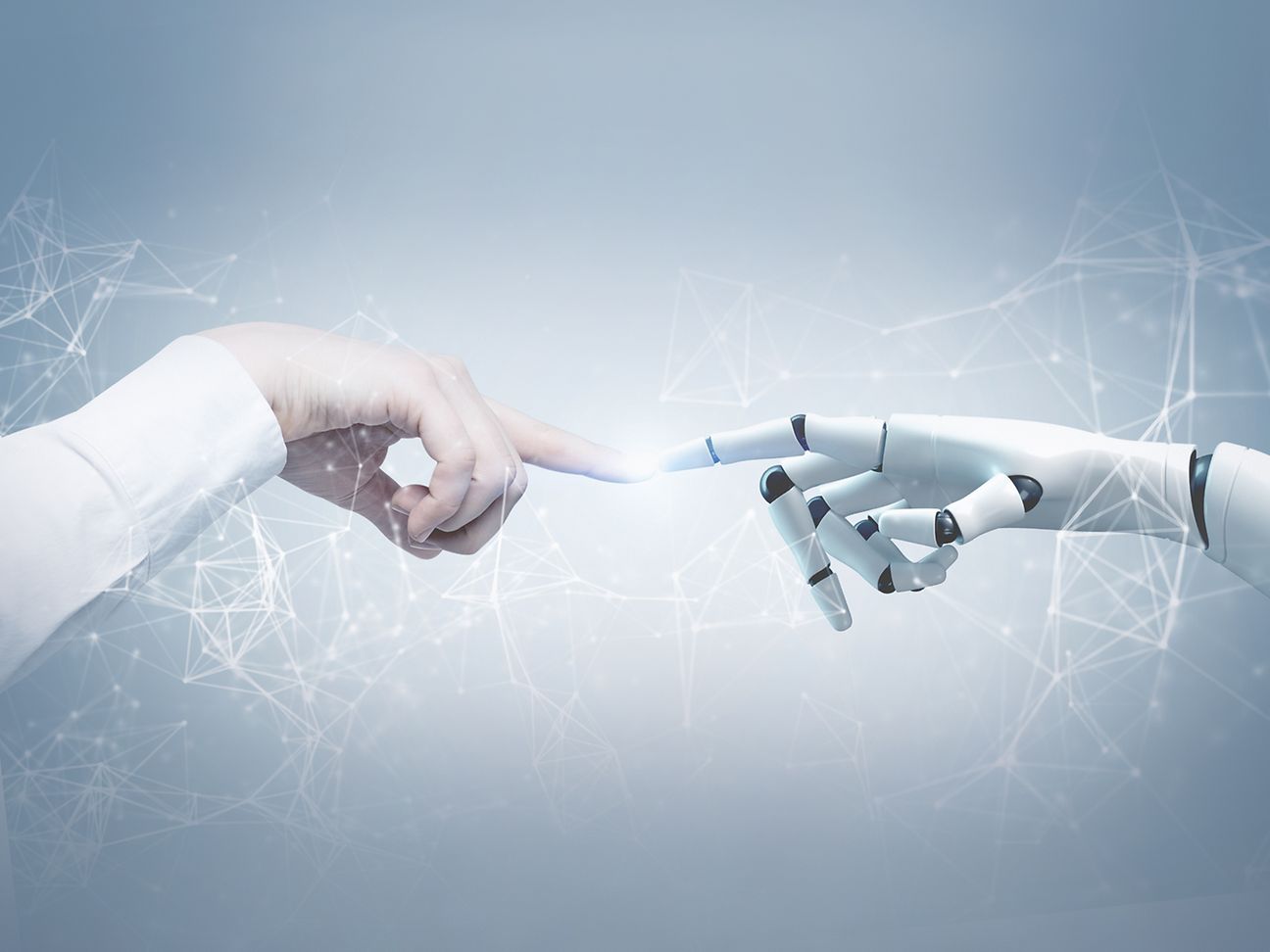When zeros and ones determine our lives – the remarkable power of algorithms
Algorithms are making more and more of the decisions that affect our daily lives: Should our car apply the brakes or swerve to the side? Is a particular person worthy of credit or not? Could that person commit a crime?
Whether we like it or not, we will have to rely more and more on computer computations. In many cases this is a sensible thing to do. However, this increases our dependence on computations because decision-making processes are then not fully transparent, making it difficult for us to comprehend what is going on.
Ranga Yogeshwar believes that this dependence on algorithms is like a throwback to the middle ages. "Algorithms become as it were more important than human causality. And people, individuals, have no chance of determining what is right or wrong," says the renowned scientific journalist.
Take a look at our interview with Ranga Yogeshwar to find out if algorithms have prejudices. Also worth reading is the report from our discussion series "telegraphen_lunch." (only in german language available). In this report Matthias Spielkamp, AlgorithmWatch, Reinhard Karger, German Research Center for Artificial Intelligence (DFKI) and Dr. Tobias Miethaner, Federal Ministry of Transport and Digital Infrastructure (BMVI) discuss the ethics of algorithms.
